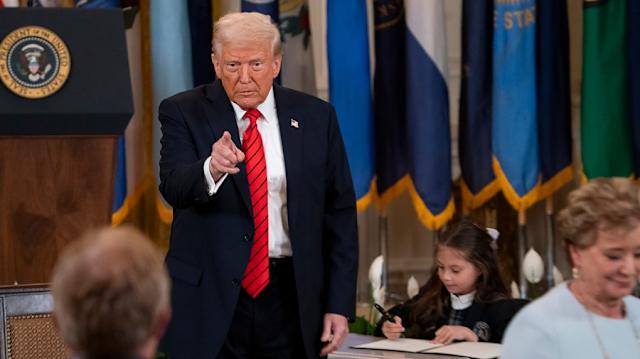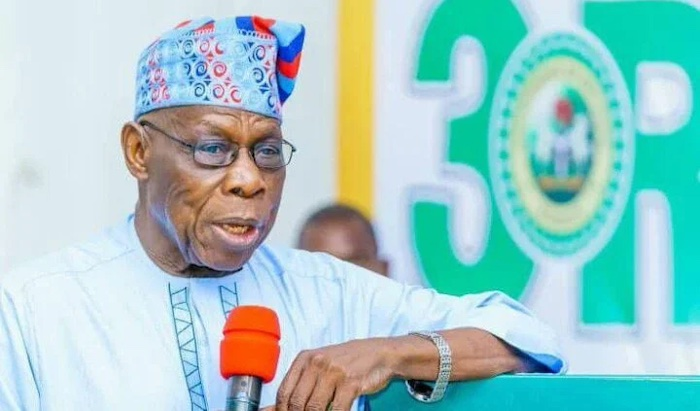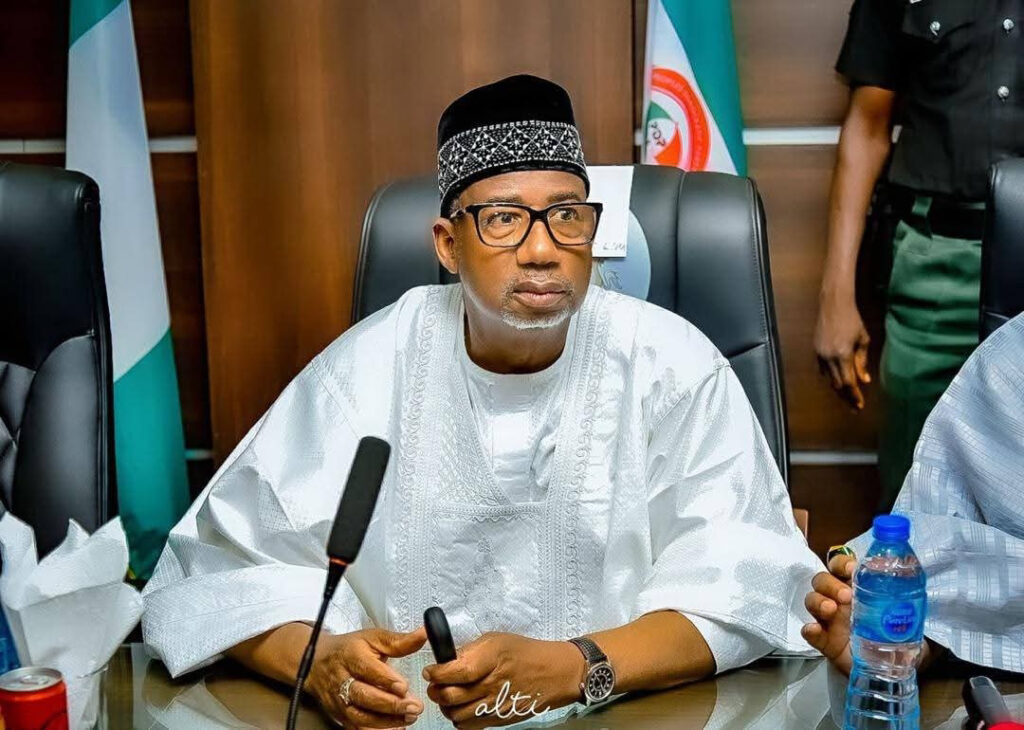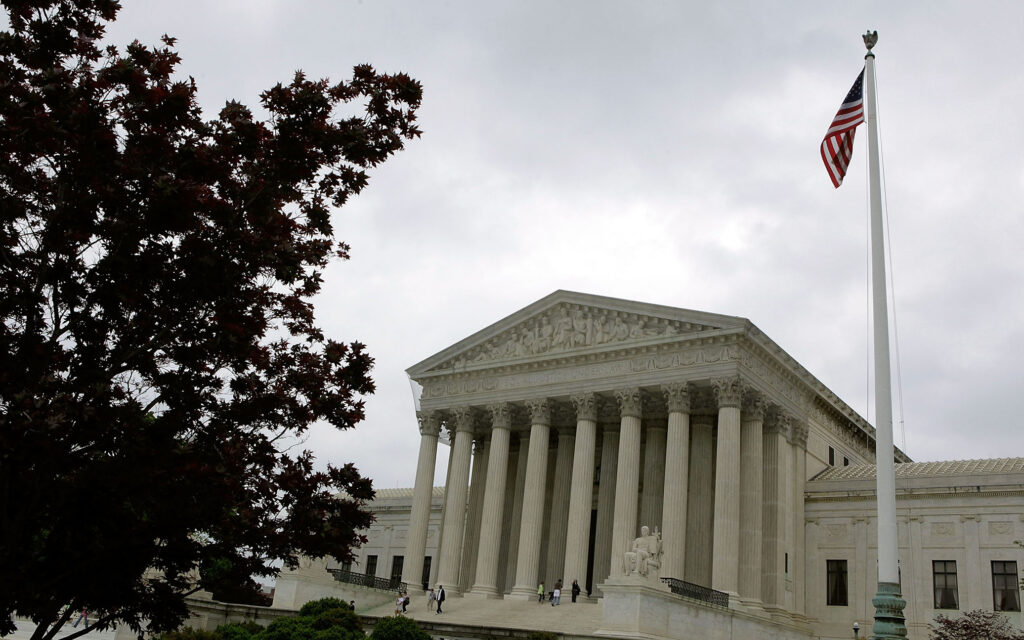The Trump administration has petitioned the U.S. Supreme Court to reinstate nearly 1,400 layoffs at the Department of Education, after a federal judge blocked the cuts over concerns they could severely undermine the agency’s operations.
In an emergency request filed Friday, the Justice Department asked the high court to pause a preliminary injunction issued by U.S. District Judge Myong Joun in Boston, who halted the layoffs last month. The cuts are a key component of President Donald Trump’s plan to significantly downsize the federal education agency—a campaign promise aimed at shifting more control to states.
Solicitor General D. John Sauer argued in the filing that Judge Joun exceeded his authority by obstructing executive branch policymaking. He defended the layoffs as essential to the administration’s goal of “streamlining” federal operations and reducing Washington’s role in public education.
Judge Joun’s ruling, issued in May, warned that the planned layoffs would “likely cripple the department,” and froze the administration’s efforts to wind down its functions. A federal appeals court subsequently declined to overturn that decision, prompting the administration’s appeal to the Supreme Court.
The case has drawn national attention and stems from two lawsuits—one filed by Massachusetts school districts and the American Federation of Teachers, and the other by 21 Democratic attorneys general. Plaintiffs argue that the Trump administration’s plan amounts to an unlawful attempt to dismantle a federal agency and would threaten vital services such as student financial aid, civil rights enforcement, and special education support.
The Supreme Court already sided against the administration in a related ruling in April, narrowly voting 5–4 to block Trump’s attempt to eliminate federal teacher-training grants administered by the Education Department.
As the dispute escalates, the Supreme Court is poised to weigh in on a decision that could have sweeping consequences for the future of the Department of Education and the scope of presidential authority to unilaterally reshape federal agencies.



























